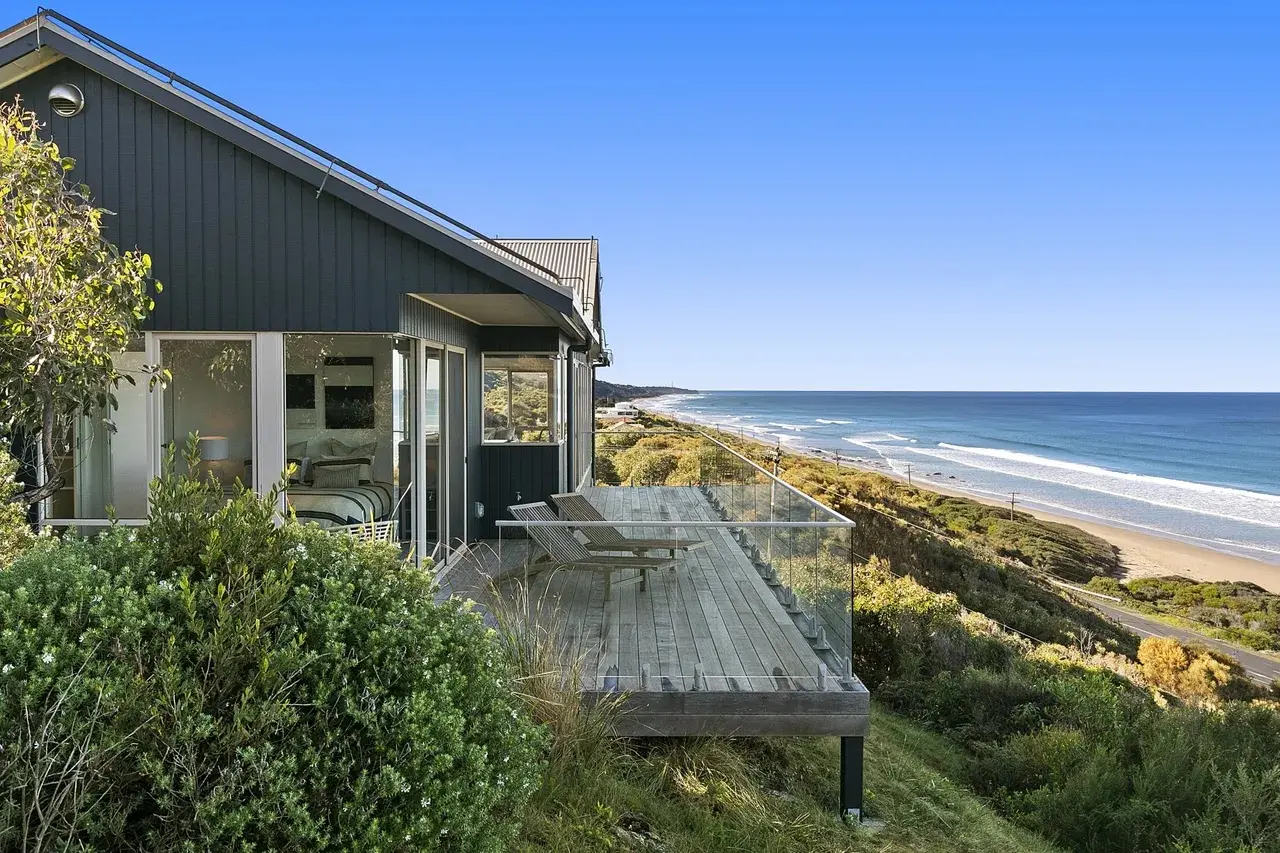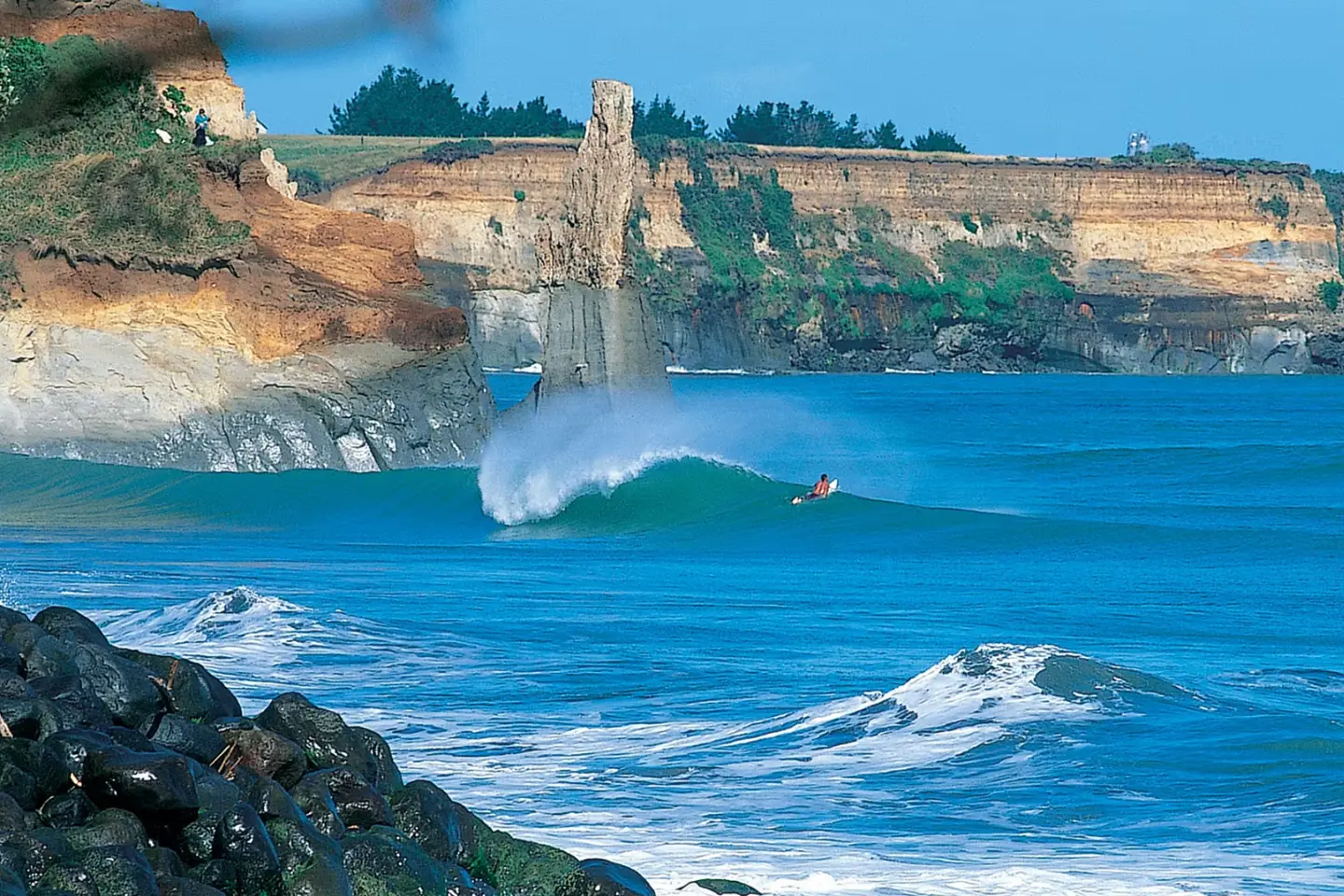Owning a holiday home has long been a great way to earn extra income while having a getaway of your own. But with new regulations now in effect across Victoria and New South Wales, managing a short-term rental has become more challenging. From new taxes to rental caps and compliance rules, these changes are already impacting how owners generate income from their properties.
So, what’s changed over the past 6 months, and what does it mean for you?
In Victoria, holiday homeowners have been hit with two major financial changes. The Vacant Residential Land Tax (VRLT), which previously applied only to Melbourne, has now expanded statewide. This means that if your property sits empty for more than six months a year, you are now liable to pay a tax. Even if you’re using the property seasonally, owners must prove at least four weeks of occupancy annually to avoid the charge. On top of that, a 7.5 per cent levy on short-term accommodation has been introduced, making bookings more expensive for guests and cutting into owners’ profits.
In Byron Bay (except for specific precincts in Byron Bay and Brunswick Heads where 365-day operation is permitted), a 60-day cap on unhosted short-term rentals has come into force, limiting how much rental income owners can generate annually. If your property isn’t your primary residence, you can now only rent it out for two months each year – anything beyond that, and you’ll need to switch to long-term leasing or leave it vacant. With fines of up to $12,000 for non-compliance, this has significantly reduced the earning potential for many owners.
Outside of Byron Bay, NSW property owners have already been feeling the squeeze. Across the state, a 180-day cap on unhosted rentals has been in place for some time in many regions, including Greater Sydney, Newcastle, and Ballina. Compounding this, state-wide rental laws have made long-term investment properties less profitable. Since October 2024, landlords have only been able to increase rent once per year, limiting their ability to keep up with rising costs and interest rates. And with local councils actively pushing for more properties to shift to long-term leasing, short-term rental owners are now caught between stricter regulations and a market that’s becoming harder to navigate.
The scale of these changes, show a deliberate local and state government attempt to shift more properties into the long-term rental market to address housing shortages – something that’s predicted to continue into the short-mid term.
So what does all this mean for holiday home owners?
With all these changes now in effect, you might be wondering: Is it still worth renting out my holiday home? The short answer: Yes – but it requires a smarter approach.
Maximising returns while staying compliant is more complex, and that’s where professional holiday home management makes all the difference. Holiday home owners now, more than ever, need to:
- Stay up to date on the latest regulations so they don’t get caught out.
- Ensure their property meets compliance standards to avoid penalties.
- Optimise their rental strategy to make the most of allowed booking periods.
- Adjust pricing and marketing to counterbalance new taxes and levies.
If navigating these changes alone feels overwhelming, partnering with experts can help keep your holiday home profitable and reduce stress. To ensure your property is still working for you no matter the changing rental landscape, get in touch with our team at Alloggio to hear how we can help.





